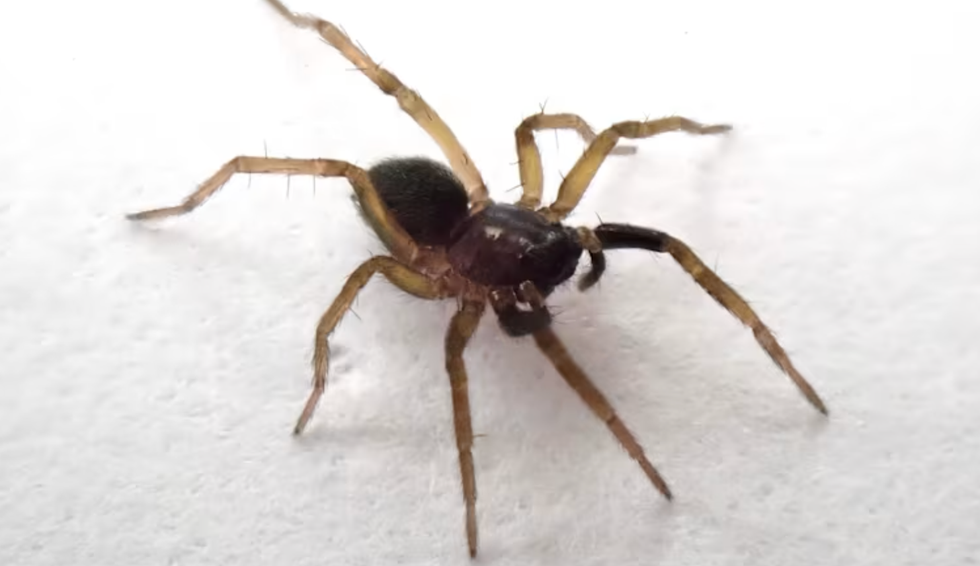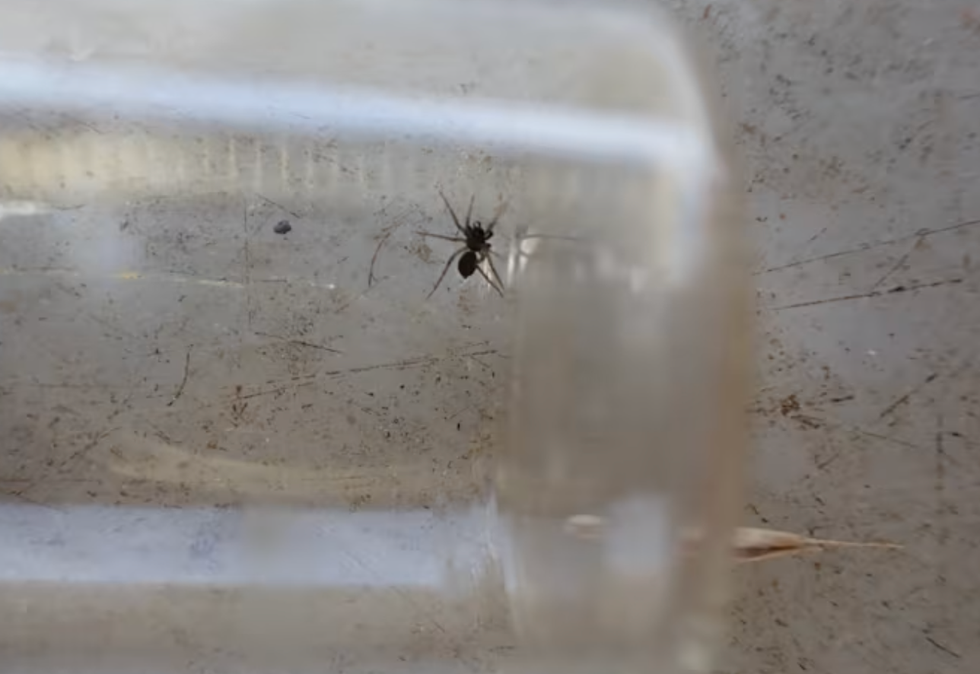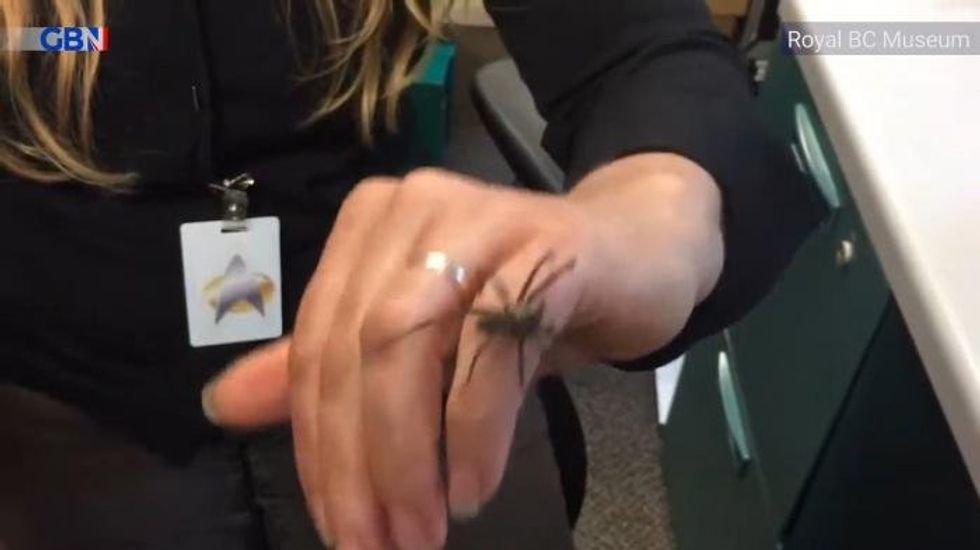A spider species feared misplaced to Britain has been positioned on the Isle of Wight following a 40-year absence, representing a significant achievement for conservation efforts.
The arachnid, scientifically often called Aulonia albimana, was found on the Nationwide Belief's Newtown Nationwide Nature Reserve within the island's northwestern area.
Two entomologists efficiently positioned the tiny creature with distinctive orange legs throughout a fastidiously deliberate expedition to the positioning.
The species had not been documented in Britain since 1985, main conservation consultants to worry it may need develop into extinct.
The British Arachnological Society has hailed the discovering as among the many nation's most vital rediscoveries of a presumed-lost species this century.
The profitable search has been attributed to efficient habitat administration practices on the nature reserve mixed with decided scientific investigation.
The entomologists confronted a unprecedented time constraint throughout their search, having merely 4 hours earlier than their scheduled boat assortment from the distant location.
Mark Teller and Graeme Lyons carried out their investigation on the precise spot the place the arachnid had final been noticed 4 many years earlier.

"I discovered the primary one with simply 9 minutes to go, and the second within the final minute," Graeme Lyons revealed in regards to the nail-biting discovery.
The dramatic timing of the discover added to its significance, with Lyons describing it as "most likely the longest lengthy shot I've ever taken half in."
Regardless of having noticed 559 spider species throughout the British Isles, Lyons declared this explicit discovery "by far probably the most thrilling discover."
The researchers have given the species a casual moniker: the white-knuckled wolf spider, drawing inspiration from each its bodily traits and the circumstances of its discovery.
LATEST DEVELOPMENTS
- Pandemic fears as 'new coronavirus' present in bats in South America
- Elon Musk 'rewriting historical past books' with AI analysis into historical Rome
- Invoice Gates U-turns on local weather change as billionaire slams 'doomsday outlook'
"That is a type of unforgettable discoveries. To discover a species thought misplaced for 40 years is thrilling – and a testomony to how the precise habitat administration, mixed with curiosity and collaboration, can ship outstanding outcomes," Mark Teller acknowledged.
The identify references the distinctive pale markings on the spider's palps – small appendages resembling legs positioned beside its mouth – which seem like white knuckles.
The moniker additionally displays the strain skilled in the course of the race in opposition to time to find the elusive arachnid earlier than their departure deadline.
The arachnids have been found in an remoted, vegetation-covered part of the character reserve that requires boat entry, located roughly two kilometres from the place the species beforehand thrived.

This distant location had develop into overgrown over the many years, doubtlessly offering the secluded habitat obligatory for the spider's survival.
The species belongs to the wolf spider household, which includes roughly 38 differing types discovered all through the UK.
These arachnids earned their predatory identify by means of their distinctive searching behaviour, pursuing prey throughout the bottom earlier than launching swift assaults somewhat than relying solely on webs.
Whereas able to creating fundamental webs, wolf spiders are primarily floor hunters recognized for his or her agility and velocity when capturing prey.
Dr Helen Smith, conservation officer for the British Arachnological Society, expressed her enthusiasm in regards to the discovery: "The outstanding discovery of this dapper little spider on the Isle of Wight is one among Britain's epic 'misplaced species' rediscoveries of the century."
Earlier makes an attempt to find the spider at its historic habitats had repeatedly failed, with the areas having misplaced the open circumstances the species requires.
"With repeated failure to search out it at its former websites, the place its open habitat has been misplaced, it appeared more and more probably that it had joined the nation's unhappy checklist of extinct species," Dr Smith defined.
The rediscovery demonstrates how focused conservation efforts and protracted scientific investigation can yield extraordinary outcomes even when hope seems minimal.
Our Requirements: The GB Information Editorial Constitution
